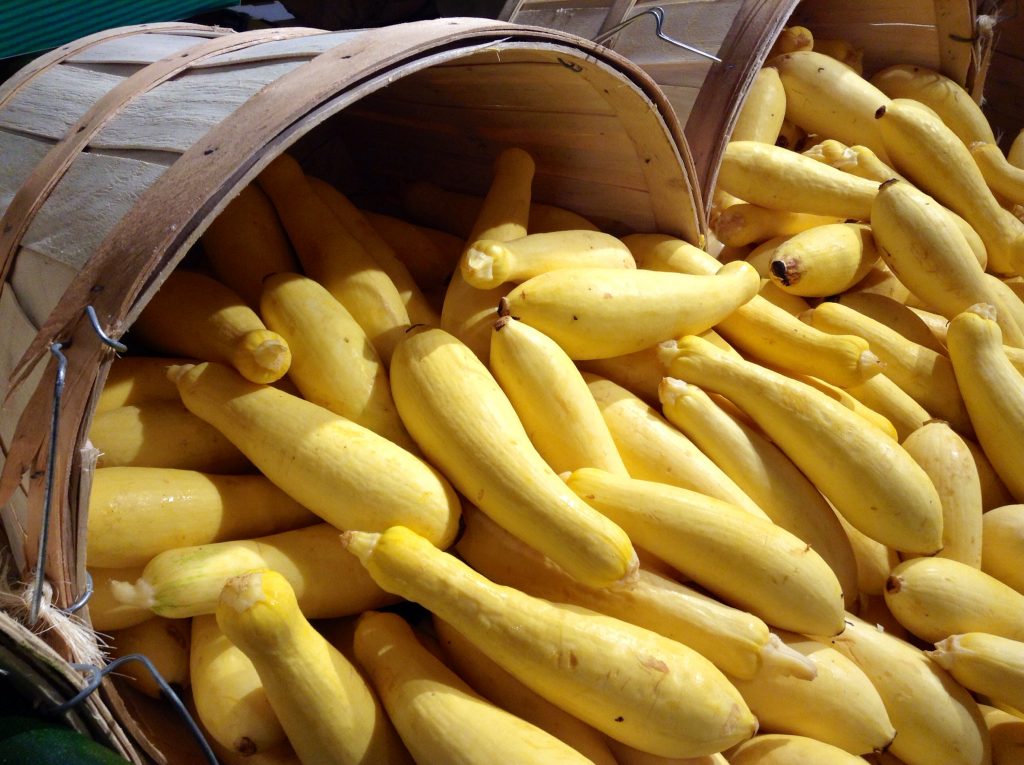
By Clint Thompson
Long-time vegetable farmer Sam Watson has experienced a lot during his time growing produce in Colquitt County, Georgia. But even this season provided a first for him.
“I’ve never seen it this cheap, this long on so many different items,” said Watson, managing partner of Chill C Farms, who produces squash, zucchini, bell pepper, cabbage, eggplant and cucumbers.
It has been well documented all season that prices were bad for farmers. Bill Brim, part owner of Lewis Taylor Farms, highlighted cheap prices for cucumbers, squash and peppers. Those low prices never wavered.
“The market’s still cheap. It’s one thing to go out and pick a late product and get money for it. But there’s not even any money for it. It’s not even worth trying to scrap or pick,” Watson said. “You might as well quit because you’re not going to get anything for it. Why take a chance of putting money in it and get down the road and have trouble in it? When you’ve already had a bad crop, you’ve got to cut your losses at some point.”

What’s a Good Market?
Adding insult to injury is it is hard to tell what a good market is anymore amid rising costs in other areas of production. Pallet prices have skyrocketed. Freight costs have doubled. Labor wages have increased. Fertilizer prices have gone up. Yet, market prices remain low, comparable to many years ago, says Watson.
“I don’t know what a good market is anymore. When you sell a product for the same amount that you sold it for 10 or 15 years ago, to say that $12 or $16 is good for anything anymore, to me, that ain’t good. That’s what we sold it for 10 or 15 years ago,” Watson said. “If we were in any other business, we would be selling our product for $32 a box right now. That’s what everybody else is doing. But we can’t.”
The Persistent rains being felt across the region this summer have only further dampened the farmers’ spirit. They’ve impacted the quality of the summer crops and farmers’ preparation for fall plantings.
“It’s probably just going to put us out of our misery which ain’t necessarily a bad thing,” Watson said. “It’s going to kind of finish everything off that’s been neglected anyway with the way the markets have been. Now you put all this rain on top of a neglected crop that you haven’t harvested like you should have and couldn’t because the market was so cheap, it’s time to shut it down and start cleaning up and hope the fall will be a better deal.”









